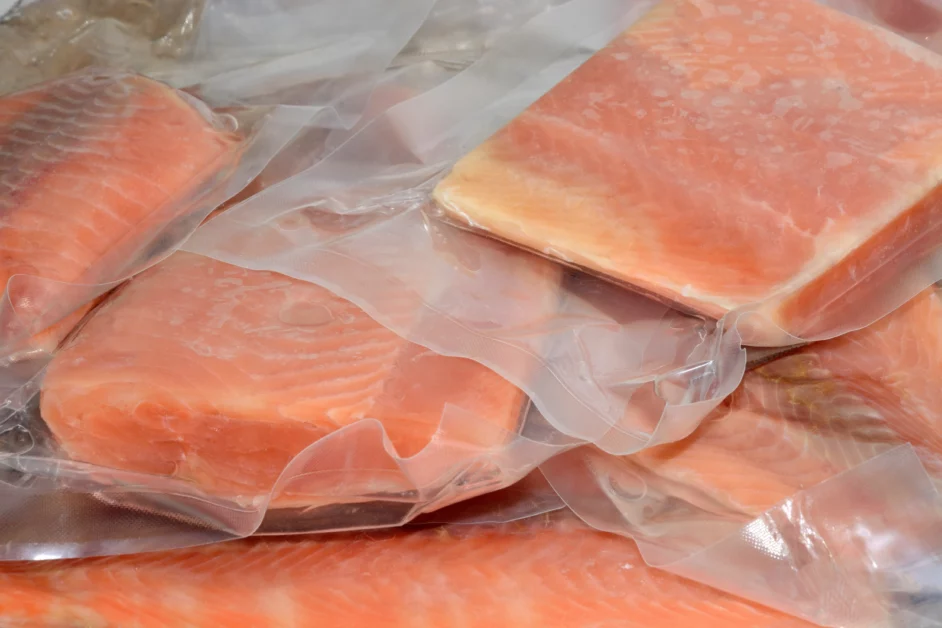EVOH, or ethylene vinyl alcohol, is a type of polymer that is commonly used as a barrier layer in packaging materials to provide excellent gas barrier properties. While EVOH itself is technically recyclable, the recycling of materials containing EVOH can be challenging.
The difficulty arises because EVOH is often used in multi-layer packaging structures, where it is combined with other materials such as polyethylene and other polymers. These multi-layer structures can pose challenges for recycling because the different layers may have different properties and may need to be separated for effective recycling.
Recycling facilities may face challenges in efficiently separating and processing materials with EVOH, and as a result, the recycling of EVOH-containing packaging materials may not be as widespread or straightforward as the recycling of single-material packaging.
Efforts are being made to improve the recyclability of multi-layer packaging, and advancements in recycling technologies may address some of these challenges in the future. It’s always a good idea to check with local recycling facilities or guidelines to understand the specific recycling options available in your area. Additionally, advancements in sustainable packaging practices and materials may lead to alternatives that are more easily recyclable in the future.
Is EVOH Biodegradable?
Ethylene vinyl alcohol (EVOH) itself is not inherently biodegradable. EVOH is a synthetic polymer, and its resistance to degradation is one of the reasons it is used in packaging materials to provide barrier properties against gases and moisture.
Biodegradability refers to the ability of a material to be broken down by natural processes into simpler, environmentally benign components. Traditional EVOH does not readily undergo biodegradation in natural environments.
However, the biodegradability of a material can depend on various factors, including its specific formulation, the presence of additives, and the conditions of the environment. Some companies are working on developing more environmentally friendly packaging materials, including barrier films with improved biodegradability. These efforts often involve creating new formulations or incorporating additives that enhance the material’s ability to break down under certain conditions.
It’s essential to note that even if a material is biodegradable, proper waste management is crucial to ensure it is exposed to the right conditions for biodegradation to occur. Inappropriate disposal methods, such as landfilling or incineration, may limit the effectiveness of biodegradable materials.
If you’re specifically interested in biodegradable packaging options, it’s advisable to look for products labeled as such or explore alternatives that are designed to have a reduced environmental impact. Keep in mind that the availability of these options can vary depending on your location and local waste management infrastructure.
